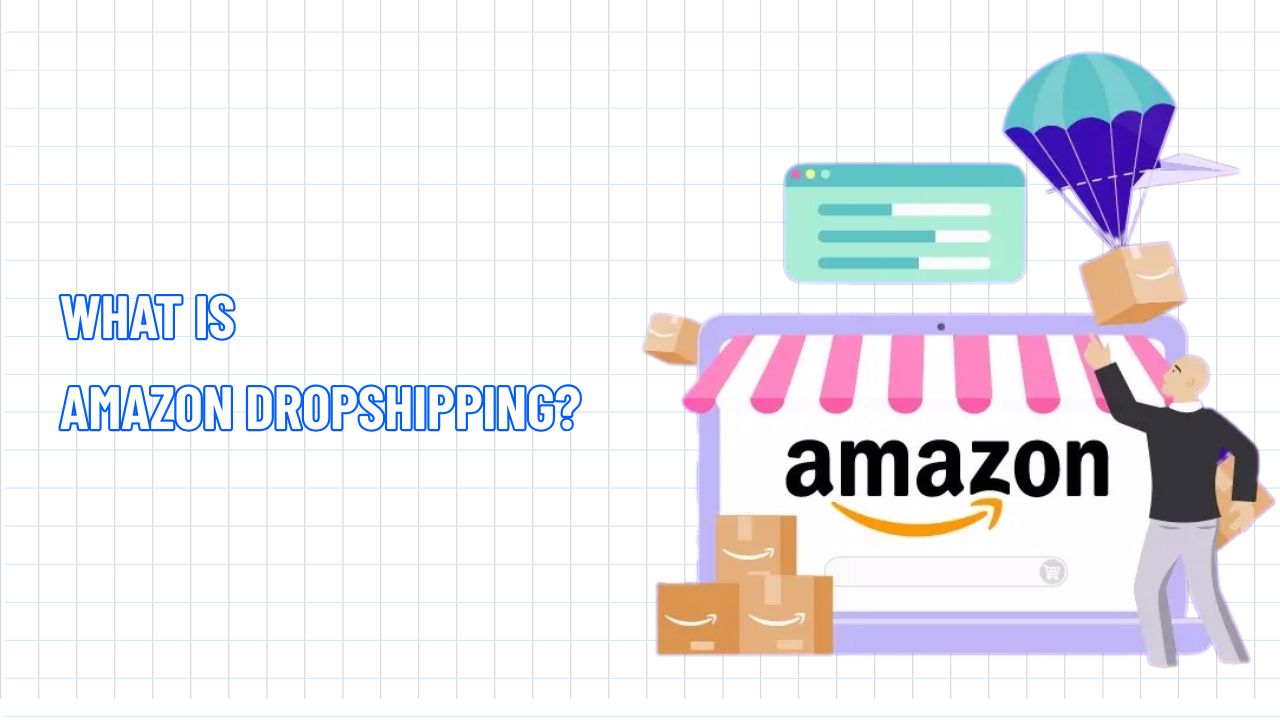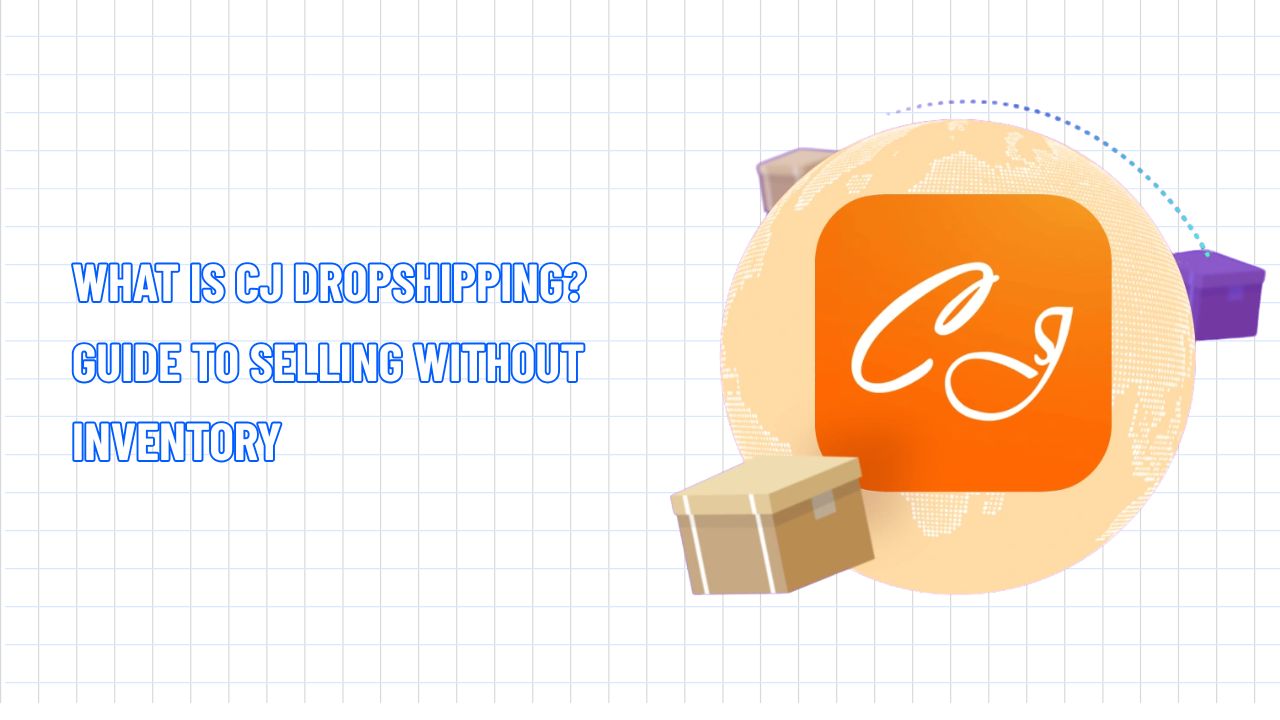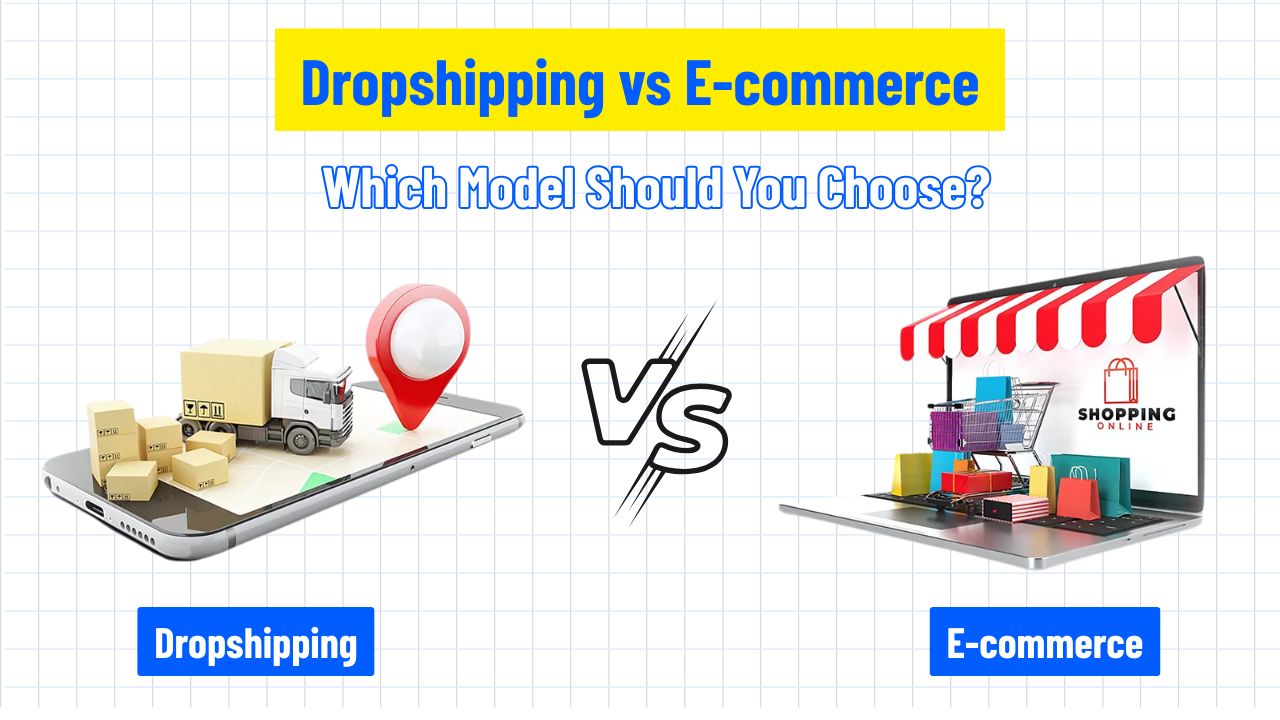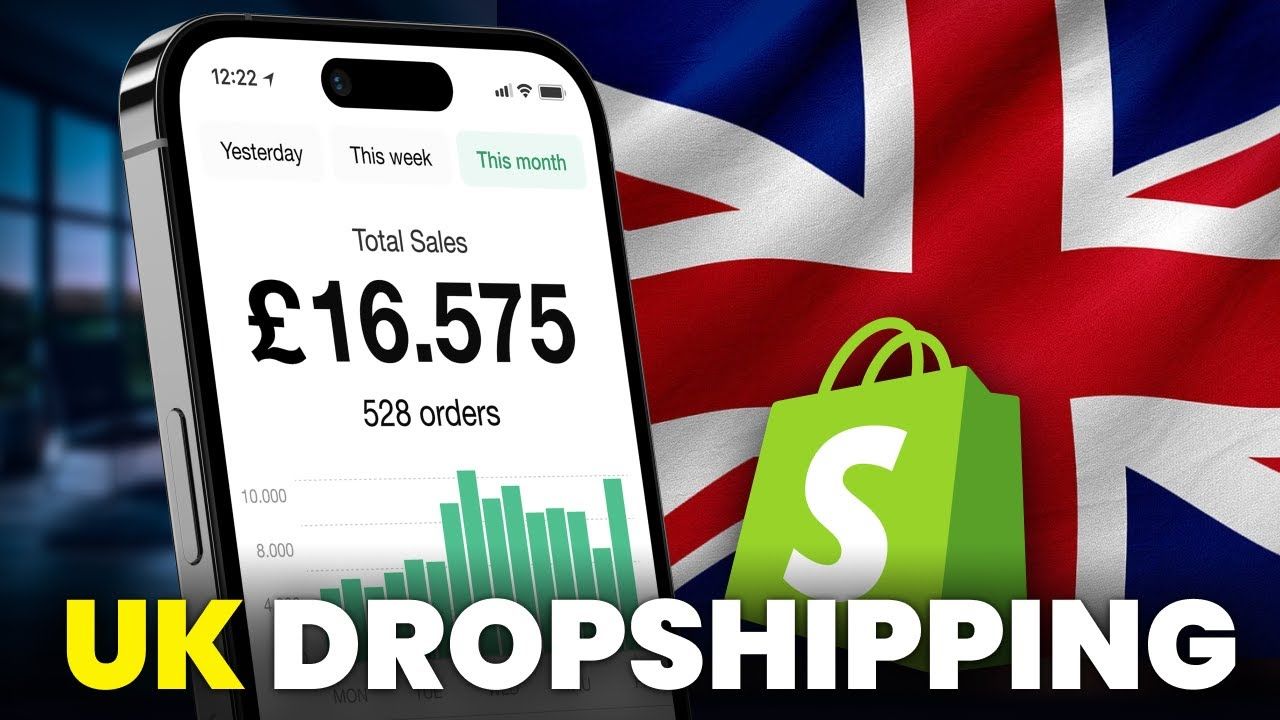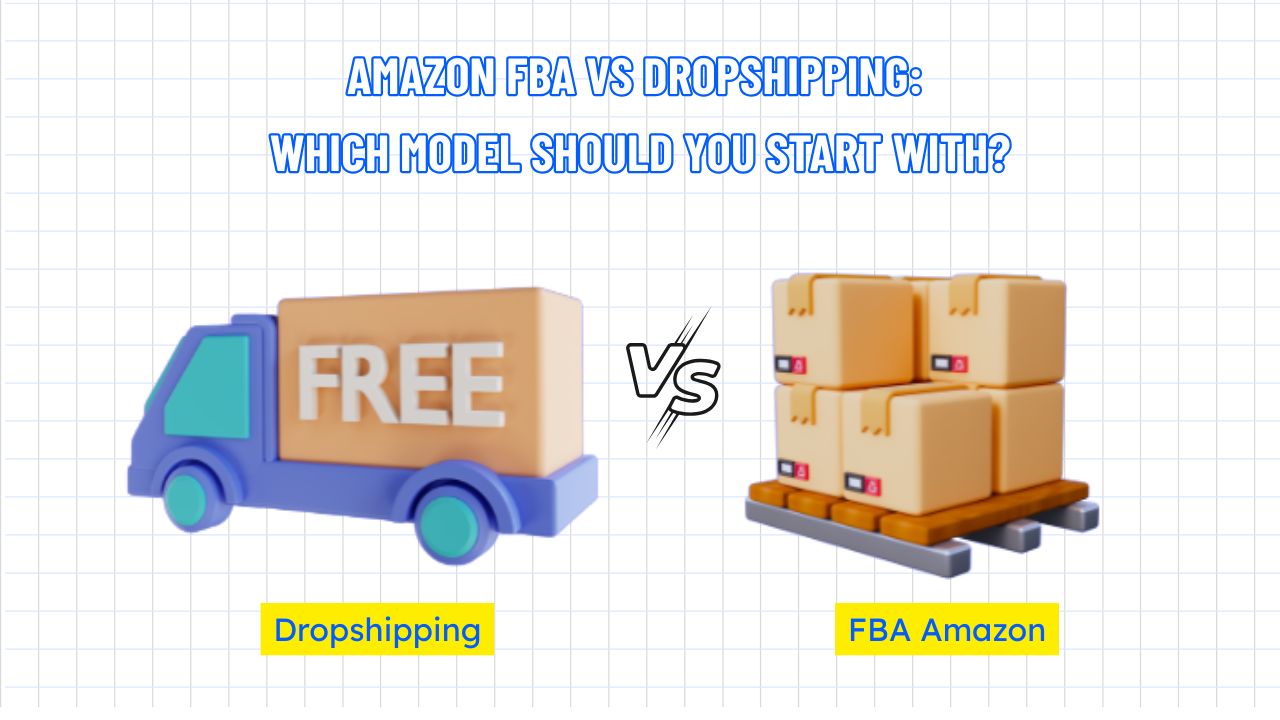Is Dropshipping Legal? A Compilation Of Laws You Need To Know
Table of Contents Hide
Are you considering starting an online business but worried that the dropshipping model might be a scam or illegal? Don't let legal concerns hold you back from achieving success. In this article, NextSky will answer whether is dropshipping legal and show you how to confidently run your store in 2025.

A brief introduction to the legality of dropshipping
Is dropshipping legal?
The answer is YES, dropshipping is a legal business model in many countries such as the USA, Canada, the EU, and Australia, where users can sell products without needing to store inventory. Instead, your products will be shipped directly from the supplier to the customer.
However, being legal doesn't mean it's completely unrestricted. Businesses must still comply with platform rules and regulations like those set by Shopify or Amazon. Violating these rules could lead to penalties, lawsuits, or account suspensions. Therefore, understanding the legal aspects is crucial for running a dropshipping business in the long term.
>>> If you want to assess whether dropshipping is the right business model for you, this article on whether dropshipping is worth it offers a great overview.
Is dropshipping legal for those under 18?
In theory, there is no specific age limit for starting dropshipping. However, in many countries, individuals under the age of 18 cannot legally sign binding contracts without the consent of a parent or guardian. This affects:
- Signing contracts with suppliers and shipping companies
- Opening a business bank account
- Registering the business
- Setting up payment systems and tax obligations
A summary of popular Dropshipping laws you need to follow
Copyright laws
One of the most common questions that new sellers in e-commerce ask is: "Can I get sued for doing dropshipping?" The answer is yes. One potential risk you must be particularly aware of is copyright infringement. You could unknowingly violate intellectual property laws if your supplier ships counterfeit products to fulfill orders. Therefore, it's crucial to be careful when choosing your suppliers.
Consumer protection and product safety laws
Although you don't directly manufacture or handle the products, you are still legally responsible for their quality and safety. In the United States, the Federal Trade Commission (FTC) requires dropshipping sellers to take responsibility if their advertising is misleading or if their products cause harm. So, if a product causes injury, you could face a lawsuit, which is why product liability insurance is a wise choice.
The truth in advertising law
In dropshipping, ensuring the accuracy of product information is crucial during the marketing process. Any advertisement discrepancies that deceive customers will make the seller fully responsible, not the supplier. In the United States, the Federal Trade Commission (FTC) has the legal authority to sue businesses for misleading or deceptive advertising practices that harm consumers.
Tax and licensing law
Many states require retail businesses, including dropshipping models, to have a valid business license and a sales tax permit in the United States. Below is a list of states with mandatory sales tax permit regulations and specific instructions on registering and applying for the license.
Read more: How to Start a Dropshipping Business? Step-by-Step Guide in 2025
Platform-Specific Requirements
Each e-commerce platform, like Amazon, Shopify, Etsy, and eBay, has its own rules regarding dropshipping:
- Amazon: Requires you to be an official seller, use neutral packaging, and avoid third-party branding. Failure to comply may result in account suspension.
- Shopify: Fully supports dropshipping with tools like Oberlo, but you must follow the terms of service, including age restrictions (users must be 18 or older).
- Etsy: Limits dropshipping to products that you design or create yourself. For example, using services like Printful for custom designs is allowed, but mass-produced items from platforms like AliExpress are prohibited.
- eBay: Allows dropshipping from wholesale suppliers, but you must adhere to policies related to pricing and authenticity.
Read more: Shopify Dropshipping Guide [2025]: Step-by-step for Beginners
Data protection law
Both dropshippers and suppliers must strictly comply with user data protection regulations. All data shared between the two parties must be securely protected, as even a small mistake in safeguarding information could lead to severe consequences and strict penalties.
Regulations on food, drugs, and alcohol
The sale of food, dietary supplements, drugs, or alcohol requires a special license and strict compliance with local and national regulations. Additionally, some e-commerce platforms prohibit the sale of these items. Therefore, before starting a business or implementing a dropshipping model, you must research the related legal regulations to avoid unnecessary risks.
Anti-money laundering regulations
Dropshipping businesses must actively monitor transactions for suspicious activities, as these could indicate money laundering. Verifying customer identities and maintaining comprehensive records of all sales transactions is mandatory. Even if you use third-party payment platforms like PayPal, the responsibility to prevent financial crimes still lies with you.
Compliance with Sanctions Orders
Doing business with countries or individuals listed in government sanctions is illegal. Therefore, companies must verify the information of both suppliers and customers based on current control lists. You could still face serious legal risks even if you unknowingly engage in a transaction with these entities.
Anti- slavery regulations
You must ensure that your products do not involve forced labor, especially when importing from foreign factories. While you may not be directly involved in manufacturing, you are still legally responsible and cannot claim ignorance. Therefore, you must monitor your supply chain to ensure suppliers comply with labor regulations and operate legally.
Dropshipping legal requirements to protect your store
Checking dropshipping suppliers
As a dropshipper, you rely entirely on your suppliers for inventory storage and shipping products to your customers. Therefore, if you choose an unreliable supplier or sell counterfeit goods, you risk losing your capital and facing unwanted legal complications.
Sign contracts for everything
In business, verbal agreements and handshakes are still standard. However, you need to remember that these agreements will not protect you legally in the event of a dispute. Therefore, from the beginning, ensure that all parties involved in your business sign clear contracts. This list includes:
- Suppliers
- Contractors
- Freelancers
- Employees
- Platform intermediaries (if you're selling through a platform)
Hopefully, you will never need to use these contracts in court. However, having legal documents from the start is a smart step that helps you avoid unnecessary legal troubles. A good dropshipping business plan will also clarify your legal and operational roadmap right from day one.
Get a business license
You can start dropshipping without a business license, create a store and start selling. However, registering your business is still essential as it simplifies tax filing and introduces personal responsibility. Here are some steps you need to take:
- Register your business as an LLC or corporation for legal protection.
- Apply for an EIN (Employer Identification Number) and sales tax number through your state tax agency or the IRS.
Check local regulations for any additional license requirements.
Setting up an LLC in the United States is a relatively simple process. However, you should research the specific regulations in the state or jurisdiction where you want to register your business to apply for the necessary permits.
Disclose the correct information to shoppers
Nothing is more damaging than an unhappy customer, especially when that dissatisfaction leads to the risk of lawsuits. To protect your dropshipping business, here are some details you should disclose to buyers:
- Return policy: The return policy should align with the supplier's rules to protect customer rights and avoid unnecessary disputes.
- Disclaimer: If the product or packaging contains hazardous elements, you must provide clear warnings to protect the customers and your business.
-
Terms & Conditions: While not a mandatory rule, it's a vital defense layer for any e-commerce website.
Privacy Policy: You must have a privacy policy; otherwise, you risk fines under GDPR and similar laws.
Comply with Email Marketing laws
While email marketing offers significant advantages in dropshipping, failing to comply with the U.S. CAN-SPAM Act and the EU's GDPR can result in financial penalties and the rejection of ads. Here are the terms you need to know before engaging in marketing:
- Obtain explicit consent before sending marketing emails.
- Include an unsubscribe option in all email campaigns.
- Use platforms like Mailchimp or Klaviyo, which offer compliance features.
Red more: What is Dropshipping? Everything You Need to Know in 2025
Is legal dropshipping, flexible and potential business model in the digital age. At NextSky, we always provide in-depth knowledge so that we can accompany you in building a reputable, legitimate and effective signal. So are you ready to start the safe, affordable and secure dropshipping process?




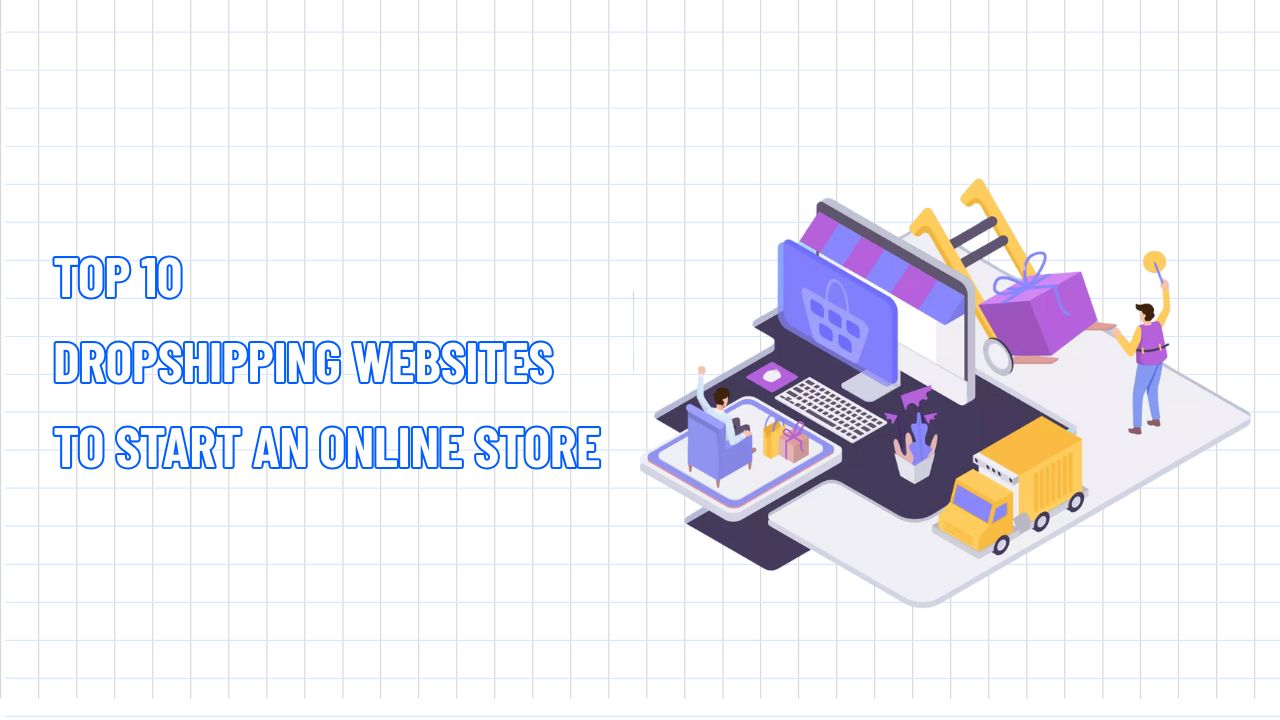
![[2026] AliExpress Dropshipping: A-Z Guide for Beginners](http://nextsky.co/cdn/shop/articles/aliexpress-dropshipping_3894852f-f54e-4d8d-9105-e12e8be058c0.jpg?v=1769612134&width=1280)
